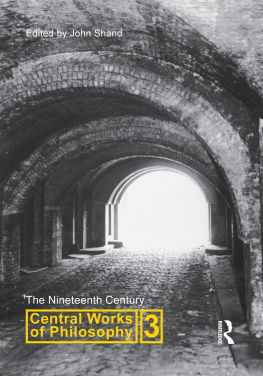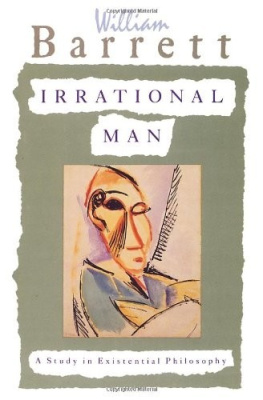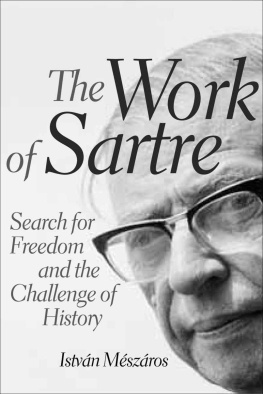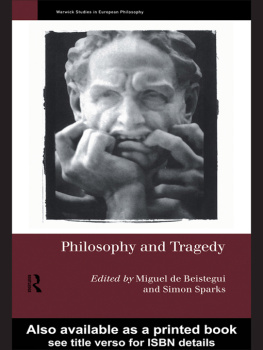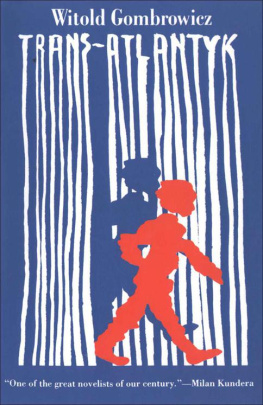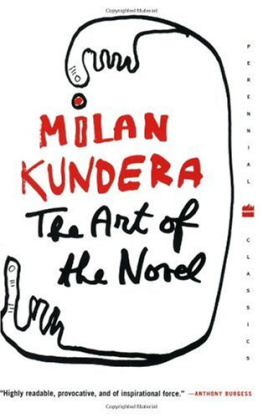Witold Gombrowicz - A Guide to Philosophy in Six Hours and Fifteen Minutes
Here you can read online Witold Gombrowicz - A Guide to Philosophy in Six Hours and Fifteen Minutes full text of the book (entire story) in english for free. Download pdf and epub, get meaning, cover and reviews about this ebook. year: 2007, publisher: Yale University Press, genre: Religion. Description of the work, (preface) as well as reviews are available. Best literature library LitArk.com created for fans of good reading and offers a wide selection of genres:
Romance novel
Science fiction
Adventure
Detective
Science
History
Home and family
Prose
Art
Politics
Computer
Non-fiction
Religion
Business
Children
Humor
Choose a favorite category and find really read worthwhile books. Enjoy immersion in the world of imagination, feel the emotions of the characters or learn something new for yourself, make an fascinating discovery.

- Book:A Guide to Philosophy in Six Hours and Fifteen Minutes
- Author:
- Publisher:Yale University Press
- Genre:
- Year:2007
- Rating:3 / 5
- Favourites:Add to favourites
- Your mark:
A Guide to Philosophy in Six Hours and Fifteen Minutes: summary, description and annotation
We offer to read an annotation, description, summary or preface (depends on what the author of the book "A Guide to Philosophy in Six Hours and Fifteen Minutes" wrote himself). If you haven't found the necessary information about the book — write in the comments, we will try to find it.
Witold Gombrowicz (1904-1969), novelist, essayist, and playwright, was one of the most important Polish writers of the twentieth century. A candidate for the Nobel Prize in Literature in 1968, he was described by Milan Kundera as one of the great novelists of our century and by John Updike as one of the profoundest of the late moderns.
Gombrowiczs works were considered scandalous and subversive by the ruling powers in Poland and were banned for nearly forty years. He spent his last years in France teaching philosophy; this book is a series of reflections based on his lectures.
Gombrowicz discusses Kant, Hegel, Schopenhauer, Kierkegaard, Sartre, and Heidegger in six one-hour essays and addresses Marxism in a shorter fifteen-minute piece. The texta small literary gem full of sardonic wit, brilliant insights, and provocative criticismconstructs the philosophical lineage of his work.
Witold Gombrowicz: author's other books
Who wrote A Guide to Philosophy in Six Hours and Fifteen Minutes? Find out the surname, the name of the author of the book and a list of all author's works by series.

